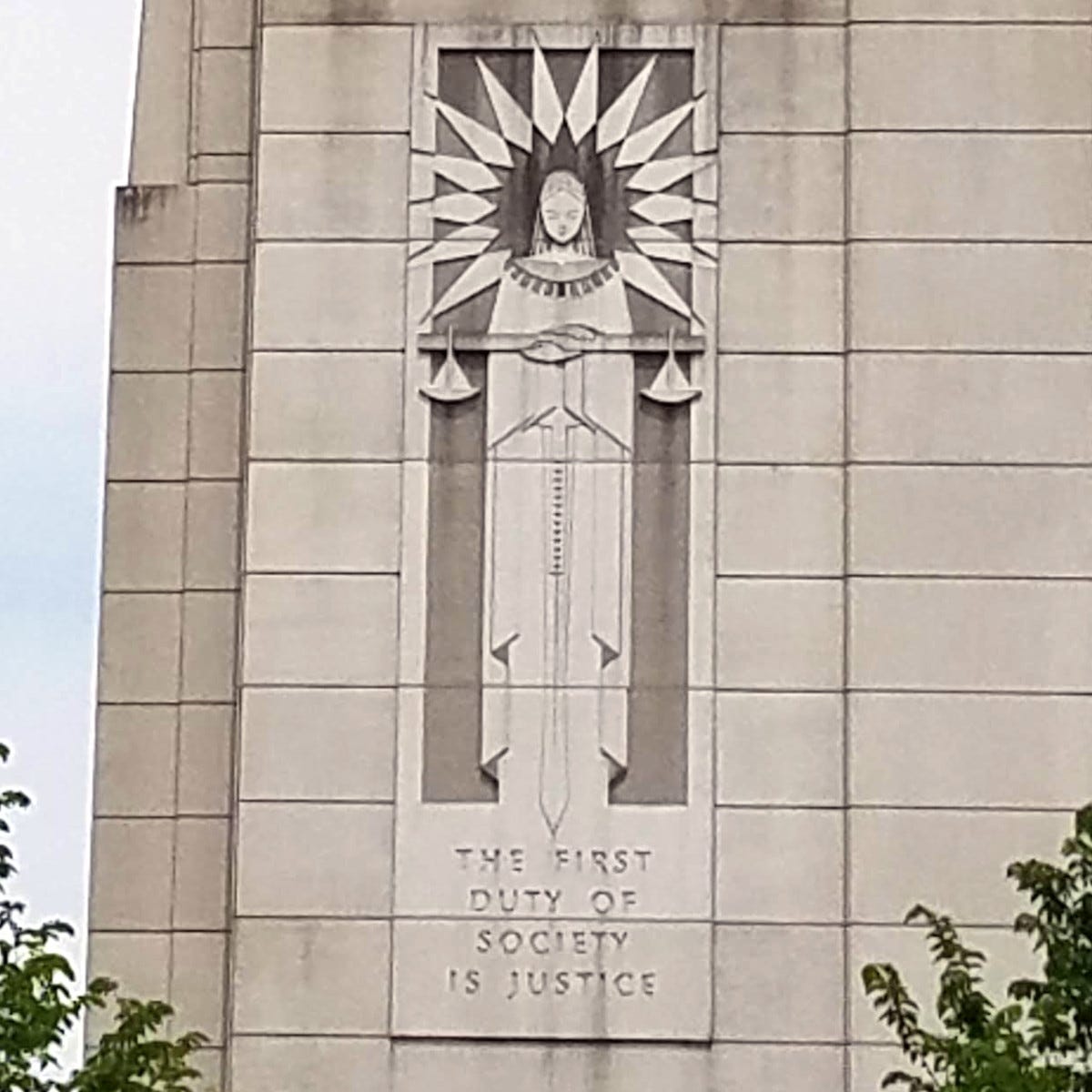Swift justice
On classified documents, the Sixth Amendment, and justice delayed
Come next May, perhaps, a former President of the United States will be put on trial for putting national security at risk. There are 37 felonies to be tried, so it is no small assemblage of accusations.
■ Initially, the case was to be tried this August, but the defense has requested delays, which the new timeline accommodates in part. Maneuvers will undoubtedly follow to attempt to delay the trial even more, but it is worth heeding words most prominently expressed by Dr. Martin Luther King, Jr.: "Justice too long delayed is justice denied."
■ King was expressing the virtue of an affirmative kind of justice -- one to rectify wrongs against people by their government. But swiftness matters in cases of criminal accusations, too. It isn't a mistake that the Sixth Amendment includes these vital words: "In all criminal prosecutions, the accused shall enjoy the right to a speedy and public trial".
■ If a person is wrongly accused, then delaying a trial serves as an injustice to them. If a person is guilty, then delaying their prosecution is an injustice to the society that ought to be protected from offenders. What does it say of our justice system if it cannot act quickly to determine guilt or innocence in a case where everyone can see the pictures of classified documents stacked up in a public-facing ballroom?
■ The delivery of a speedy trial is a test of basic governmental competence: Just as it is an offense against justice when people are held for months or even years without trial at Rikers Island, so also is it a travesty for stunts to be used to obstruct a legitimate prosecution. A person wrongly convicted can appeal. But a society that drags its feet on holding criminals to account only invites more wrongdoing in the meantime.



